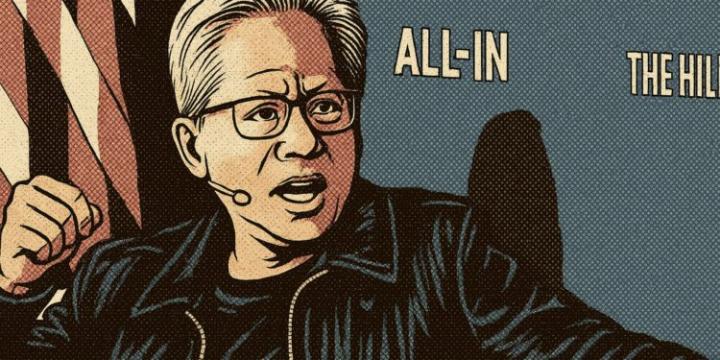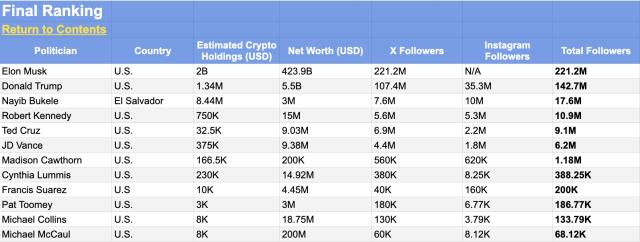China's Central Urban Work Conference in mid-July, originally focused on urban governance, saw Chinese President Xi Jinping unusually questioning local officials about overly similar industrial layouts, with a strong statement: "When launching projects, it's always the same few things: artificial intelligence, computing power, new energy vehicles. Are all provinces across the country going to develop industries in these directions?"
Xi Jinping's stern words naturally stirred waves, igniting an "anti-involution" atmosphere in China's industrial landscape and allowing outsiders to glimpse the cost of China's economic structural adjustment.
"Involution" is a common Chinese term describing internal competition that has reached a vicious cycle, where no one can gain a moment of breathing space. "Anti-involution" discusses solving these ineffective, overlapping investments.
High-Level Signals Continuously Sent
This Central Urban Work Conference was the first in a decade. The People's Daily unusually published Xi Jinping's colloquial remarks in full, highlighting the high policy level. In fact, official steps to address "involution" have been laid out for several months.
In March, the Government Work Report first wrote "addressing involution-style competition" into the text,
In June, the "Anti-Unfair Competition Law of the People's Republic of China" was revised,
In July, the Central Financial and Economic Commission again mentioned governing disorderly competition and promoting the exit of backward production capacity. The official steps are interconnected, with the intention to combat industrial involution clearly evident.
Oversupply in AI, Electric Vehicles, and Computing Power
The first to be called out was artificial intelligence.
Since the "Deep Search" model became popular in early 2025, AI has been viewed by officials as a key battleground in US-China competition. Apollo Global Management's chief economist warned that an AI bubble might replay the internet bubble of the 1990s, with the rising P/E ratios of the top 10 S&P 500 companies deepening external concerns. Xi Jinping himself emphasized through official channels innovation and differentiation, warning against repeated investments.
New energy vehicles are similarly experiencing involution. Great Wall Motors Chairman Wei Jianjun pointed out the widespread "zero-kilometer used car" phenomenon in China, where dealers register new cars as used cars for sale, with some car companies tacitly allowing this to create an illusion of hot sales. The National Development and Reform Commission has listed this as a typical case and initiated rectification. Business Insider analysis suggests that excessive competition leads to price wars, compressed profits, and overcapacity that ultimately drags down overall valuation.
Computing power infrastructure also reveals idle problems. Multiple listed companies have announced low server deployment rates. The "Data Center Green and Low-Carbon Development Special Action Plan" sets a hard target of 60% deployment rate by 2025, reflecting the current large-scale underutilization. Li Gengguo, director of the Shanghai Supercomputing Center, openly stated:
Data center construction across regions is homogeneous, and insufficient actual demand has led to long-term idle computing power.
Overlapping Government Fund Investments
Behind the high-level criticism lies the structural side effects of years of government-led investment. In the first half of 2025, 67% of primary market funds came from local state-owned assets, concentrated in semiconductors, AI, new energy, and biomedicine.
Bloomberg reported that government-guided funds remain the market's main force. Academic research warns that these funds may exacerbate technological investment homogenization among cities, creating low-level duplicate construction. Chinese economist Zhang Weiying directly stated:
Government-led investment funds lack exit mechanisms, artificially prolonging zombie enterprises' lifecycles and distorting competitive order.
Local officials' anxiety about performance further amplifies this investment impulse. The recently bankrupt Nezha Automobile, which dragged down financial funds from multiple provinces, is a typical example.
Anti-Involution, Preventing Further Economic Deterioration
When domestic demand cannot absorb production capacity, low-priced products flood overseas, impacting international markets. The Economist Intelligence Unit's China Chief Economist Su Yue pointed out:
China's decision-makers are concerned about capacity utilization, but trading partners are more concerned about production growth.
The US Treasury Secretary has also repeatedly expressed concerns about Chinese electric vehicle subsidies, with anti-subsidy and anti-dumping investigations intensifying.
A manufacturer in the Yangtze River Delta told the BBC that the company blindly expanded production during the pandemic and now, with weak demand, is "losing a little" just to maintain employee employment. This reveals the practical challenge of "anti-involution" - while compressing backward production capacity, it must also consider employment and social stability.
Xi Jinping's questioning of domestic industries signals that officials can no longer tolerate homogeneous industrial competition. However, the transition from policy implementation to industrial change takes time, and the market's actual performance will be the final score. We will ultimately see how far China's industrial structure adjustment can go.







